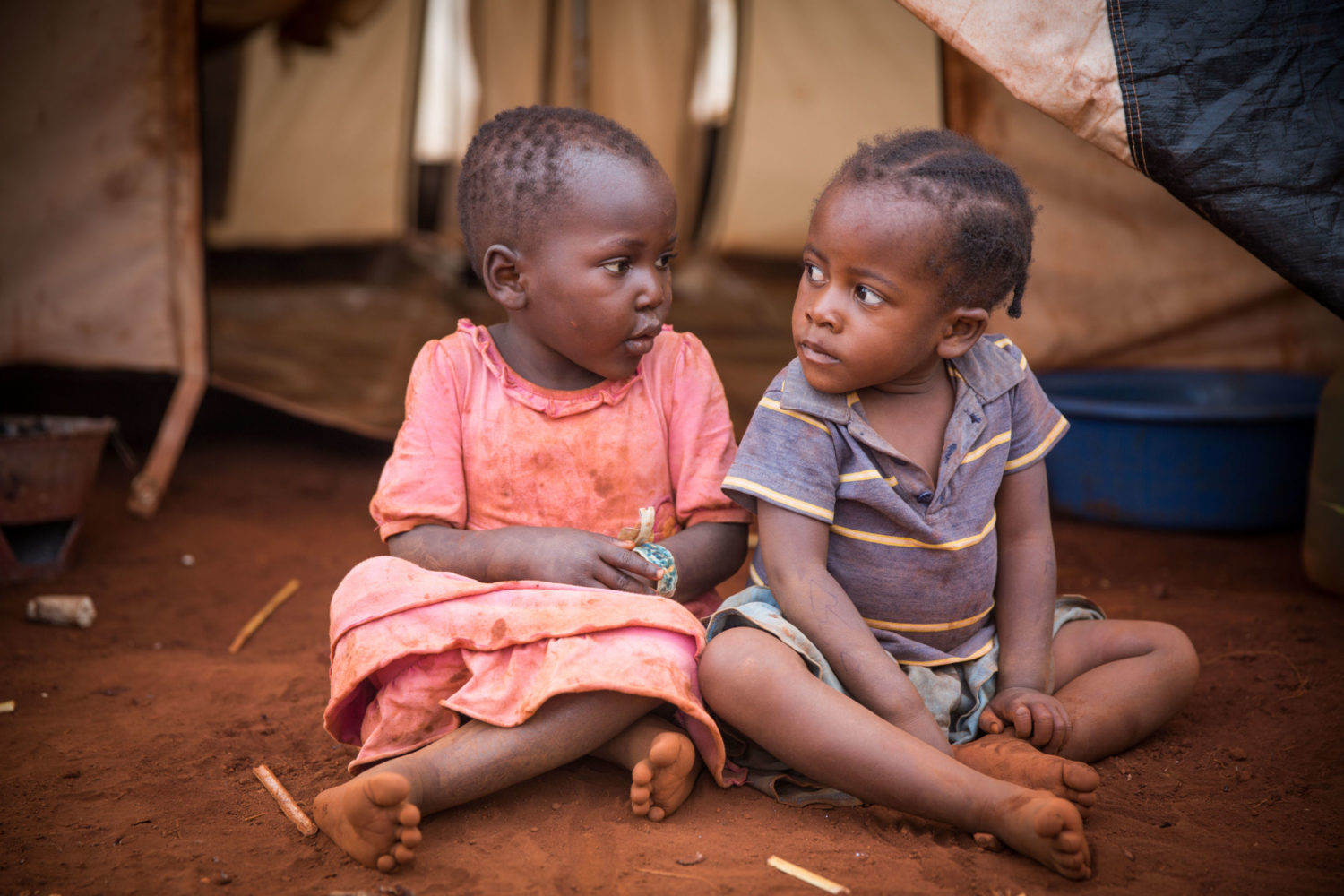25 January 2018 – At least 1.3 million people, including more than 800,000 children, have been displaced by inter-ethnic violence and clashes between the regular army, militia and armed groups in the provinces of Tanganyika and South Kivu in the eastern Democratic Republic of the Congo (DRC), UNICEF said today. The DRC is now home to one of the largest displacement crises in the world for children.
“Children in the eastern DRC continue to suffer devastating consequences as waves of violence destabilize the region,” said Dr. Tajudeen Oyewale, UNICEF Acting Representative in the DRC. “Hundreds of thousands of children in the region no longer have access to health care and education, while many have suffered atrocities at the hands of combatants. It is simply a brutal situation for children with no end in sight.”
Children in eastern DRC are also being sexually abused and recruited to fight. UNICEF and its partners have identified more than 800 cases of sexual abuse, although the true scale of sexual violence being perpetrated against children is believed to be much larger. Recent UNICEF data shows that more than 3,000 children have been recruited by militias and armed groups over the past year.
UNICEF is deeply concerned by how the fighting has impacted children’s health and nutritional wellbeing. Many health centres are no longer functioning and there is a heightened risk of food insecurity as violence has prevented many people from working the fields to grow their crops. There is a very real possibility that thousands of children could suffer from malnutrition due to the lack of food.
This comes in addition to disease epidemics in both South Kivu and Tangyanika. In 2017, the two provinces recorded 18,250 suspected cholera cases, twice as many as in 2016, and 18,000 suspected cases of measles.
As part of its emergency response program in Tanganyika and South Kivu, UNICEF is providing multi-sectoral support to the displaced population, including:
- Immunization of children against measles;
- Cholera prevention and treatment;
- Assistance to malnourished children;
- Distribution of school kits and the training of teachers in peace education; and
- Protection, treatment and psychosocial support for children affected by violence, along with those who are injured or unaccompanied.
UNICEF continues to call on all parties to the conflict to guarantee humanitarian access to people in urgent need of assistance.
To assist the children affected by the crises in the Provinces of Tanganyika and South Kivu, UNICEF has appealed for $65 million in support of its response over the next six months.
ENDS
For more information, please contact:
Unicef UK Media Team, 0207 375 6030, [email protected]
Monomita Raksit, + 44 (0)20 7375 6259, [email protected]
Morwenna Darby, +44 (0)20 7375 6030, [email protected]
About Unicef
Unicef is the world’s leading organisation for children, promoting the rights and wellbeing of every child, in everything we do. Together with our partners, we work in 190 countries and territories to translate that commitment into practical action, focusing special effort on reaching the most vulnerable and excluded children, to the benefit of all children, everywhere.
Unicef UK raises funds to protect children in danger, transform their lives and build a safer world for tomorrow’s children. As a registered charity we raise funds through donations from individuals, organisations and companies and we lobby and campaign to keep children safe. Unicef UK also runs programmes in schools, hospitals and with local authorities in the UK. For more information please visit unicef.org.uk
Follow UNICEF UK on Twitter, Facebook and YouTube


